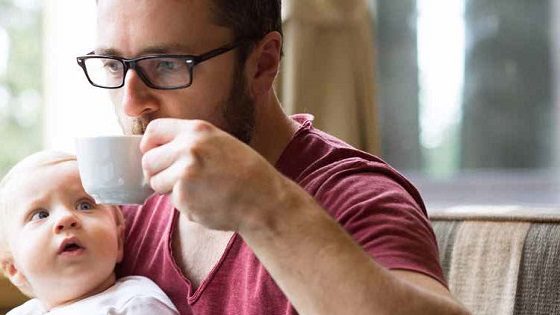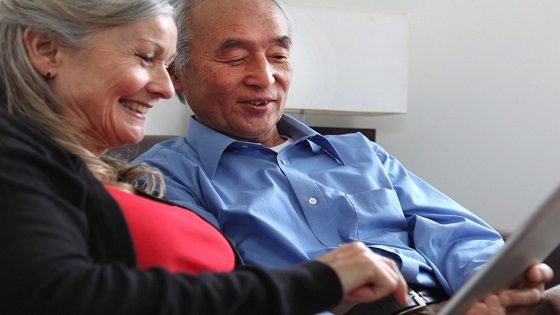 Why parents should look to Christmas investment gifts instead of toys.
Why parents should look to Christmas investment gifts instead of toys.
With the festive season approaching, have you thought about gifting your children or grandchildren something different this year? Giving them a good start in life by making investments into their future can make all the difference in today’s more complex world.
Lifetime gifting is not only a good way to set up children for adulthood but is also a way of mitigating any Inheritance Tax concerns. However, what’s clear is that not all saving products for children are made equally. With interest rates at historic lows, if you are looking to put money away for a child to enjoy when they grow up investing is by far the best way to maximise your gift.
Significantly higher returns
Some people remain worried about the volatility of investing but, with an 18-year horizon, putting money to work in the market can give significantly higher returns than products such as Premium Bonds.
One option to consider is a Junior Individual Savings Account (JISA). These were introduced in the UK on 1 April 1999 as a long-term replacement for Child Trust Funds (CTFs). If a child was born between 2002 and 2011, they might already have a Child Trust Fund, but these can be transferred into a JISA.
Save and invest on behalf of a child
If the CTF is not transferred, when a child reaches 18 they’ll still be able to access the money. Or they can choose to transfer it into a normal Cash ISA. A JISA is a long-term savings account set up by a parent or guardian and lets you save and invest on behalf of a child under 18 without paying tax on income or gains.
With a Junior Stocks & Shares ISA account, you can put your child’s savings into investments like funds, shares and bonds. Any profits you earn by trading investment funds, shares or bonds are free from tax. Investments are riskier than cash but could give your child a bigger profit, and the value of a Junior Stocks & Shares ISA can go down as well as up.
Money in the account belongs to the child, but they can’t withdraw it until they turn 18, apart from in exceptional circumstances. They can start managing their account on their own from age 16.
Financial education from a young age
The Junior ISA limit is £9,000 for the tax year 2021/22. If more than this is put into a Junior ISA, the excess is held in a savings account in trust for the child – it cannot be returned to the donor. Friends and family can also save on behalf of the child as long as the total stays
under the annual limit.
When your child turns 18, their account is automatically rolled over into an adult ISA . They can also choose to take the money out and spend it how they like. It is therefore important to ensure that children are given financial education from a young age so that when they can get their hands on the funds they use them wisely.
Been putting off planning for your child’s future?
Many parents, guardians and grandparents want to help younger members of the family financially – whether to help fund an education, a wedding or a deposit for a first home. If you are asking yourself ‘How can I start saving for my child’s future?’, using a Junior Individual Savings Account could be a good place to start. You don’t need a big lump sum to get started. In fact, contributing regular smaller amounts is a good way to start. To find out more, please speak to us – we look forward to hearing from you.
Information is based on our current understanding of taxation legislation and regulations. Any levels and bases of, and reliefs from, taxation are subject to change. The value of investments and income from them may go down. You may not get back the original amount invested. Past performance is not a reliable indicator of future performance.



